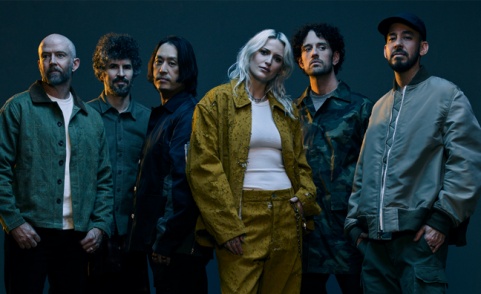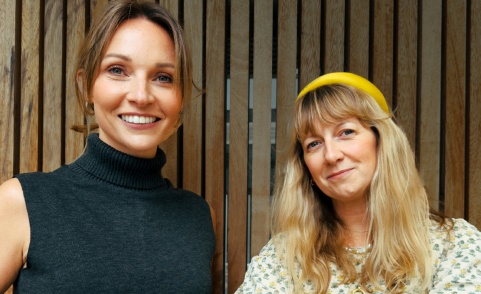features
Gracie Abrams continues atop the singles chart with That’s So True racking up consumption of a further 50,727 units (335 digital downloads and 50,392 sales-equivalent streams) on its third week at No.1. It is the 30th week this year (out ...












